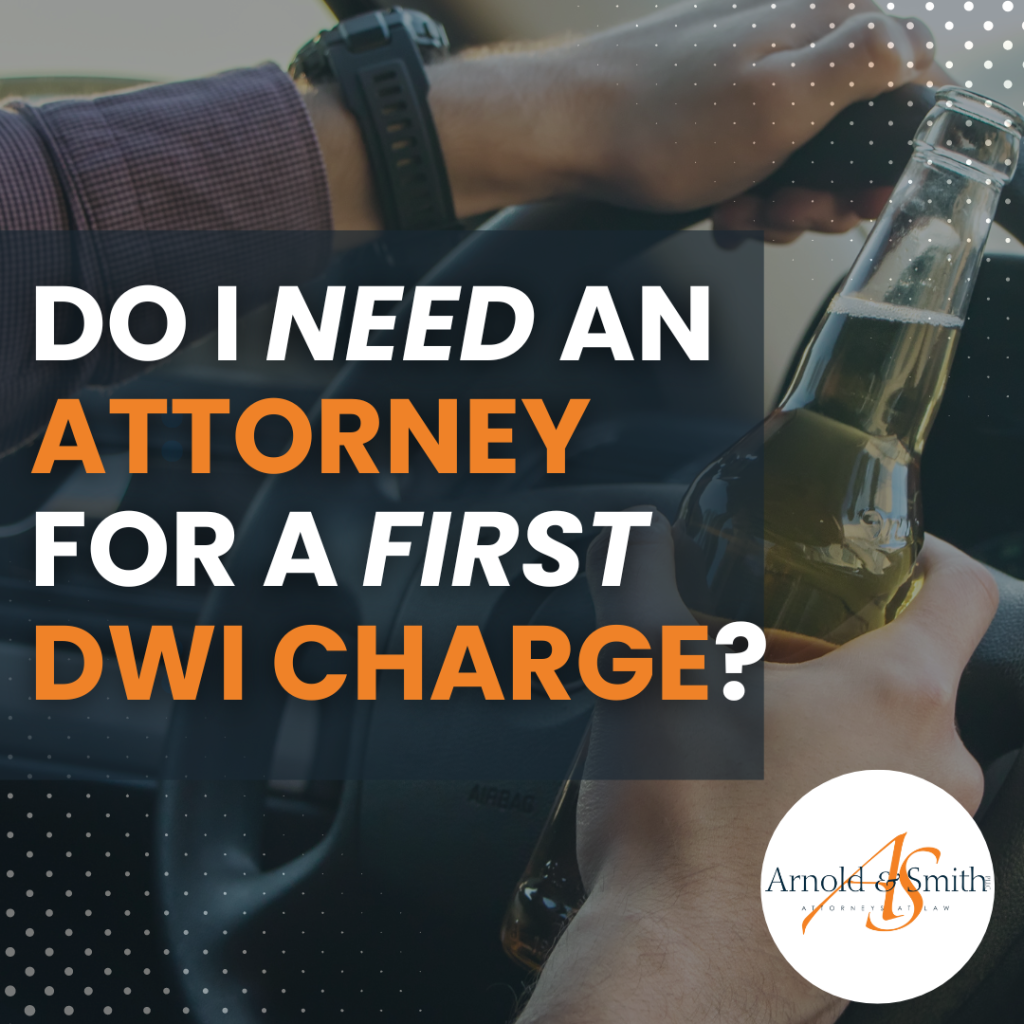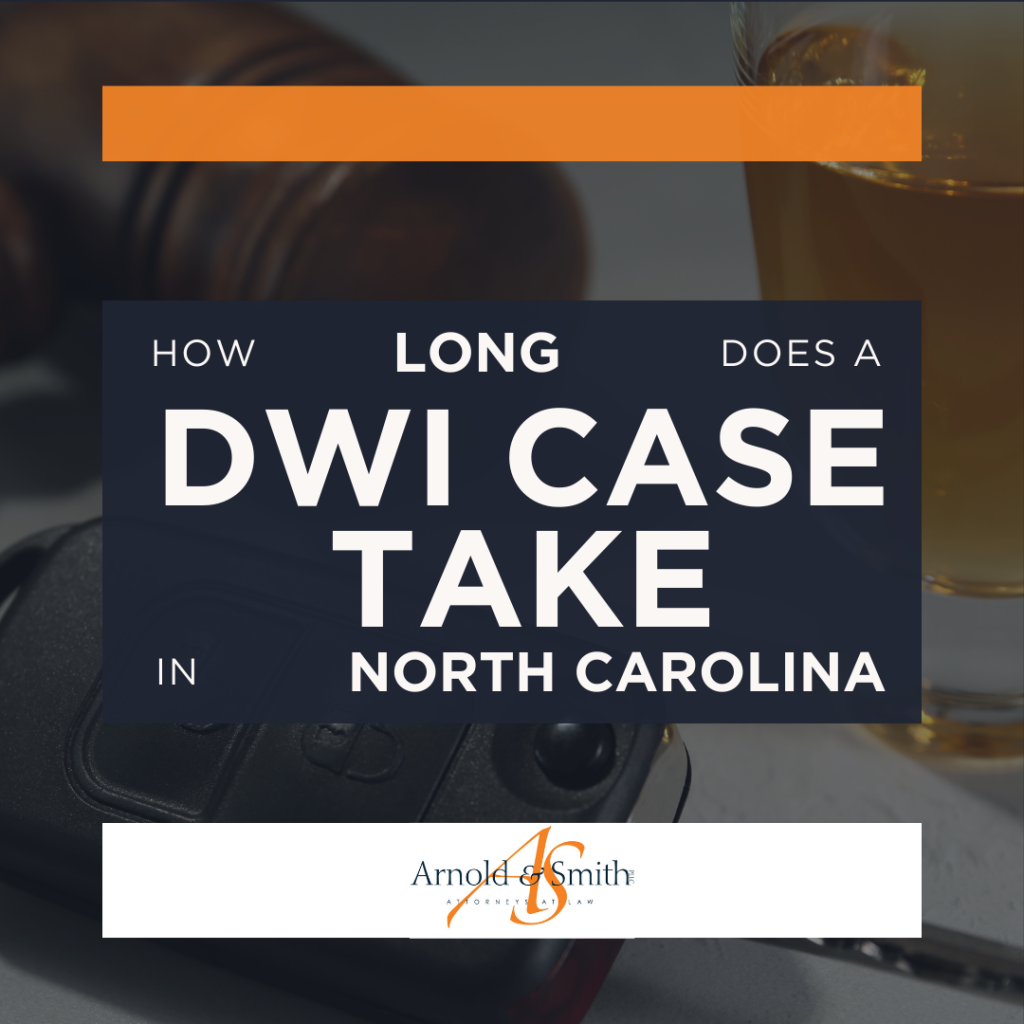 Do I Need an Attorney for a First DWI Charge?
Do I Need an Attorney for a First DWI Charge?
In North Carolina, the legal limit for a driver age 21 or older is 0.08% BAC. A driver with a blood alcohol concentration of 0.08% or more is considered impaired. If you are stopped by police and the officer thinks you might have been drinking, they will ask you to do some field sobriety tests and may ask you to take a breath test. You could face DWI charges. Driving while impaired, DWI is a serious charge and one that will negatively impact your life if you are found guilty. You will want to consult with an experienced DWI attorney as soon as possible.
https://youtu.be/2YsaLKA4NMo?si=9SJ85ZyLVQ9vrvqK
 Charlotte Criminal Lawyer Blog
Charlotte Criminal Lawyer Blog










